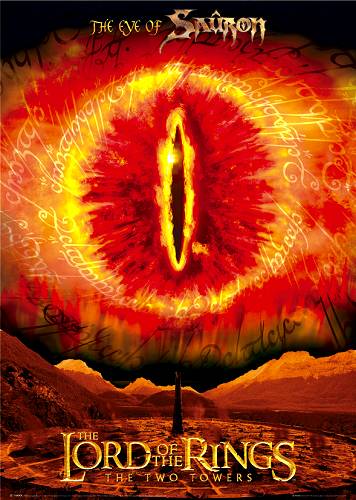Open source faces a post-Sun world

The ring has been delivered back safe to Mordor, and Sauron's Eye gazes benevolently over the Shire. The wicked Gandalf will trouble us no more, nor shall tricksie Hobbitses bedevil our poor servant Gollum.
In other words now that Oracle owns Java, Open Office, and mySQL, what will happen to open source?
The long-awaited, and feared, completion of the Oracle-Sun deal sets up a fight-of-flight fight-or-flightresponse in the heart of every open source maven.
It also holds hard lessons.
Open source can't hide from the market, nor from those expert at binding-and-loosing the forces of that market.
Oracle now holds the copyrights on code that is basic to any open source business. Its reputation precedes it -- it's completely into profit maximization, into monopoly rents, into treating captive customers as, well, captive.
Yes, open source has options. The mySQL software has already been forked. Java support comes from a host of other companies -- SpringSource, JBOSS, etc. etc. IBM has given Openoffice.org rights to distribute its Symphony suite, and it's pretty nifty.
But this acquisition marks a turning point. It puts an end to the idea that individuals or small companies can, by organizing a community, overcome the industry's giants. The giant just bought you out.
Think of this as evolution in action. Mammals existed in the time of the dinosaurs but, as the late Stephen J. Gould said, they lived in the nooks and crannies of the dinosaurs' world. Dinosaurs are still with us, of course, and they taste just like chicken.
In other words, there are dominant players and there are subsidiary players. Any industrial ecosystem is complex, but once it develops it's established. It acquires what ecologists call a "climax state." It takes an unimaginable disaster to disrupt such a system.
This is the climax state of software. Oracle, Microsoft, some smaller beasties, some creatures neither fish-nor-fowl, and down near the bottom of the food chain, open source.
Is there anything wrong with that?
